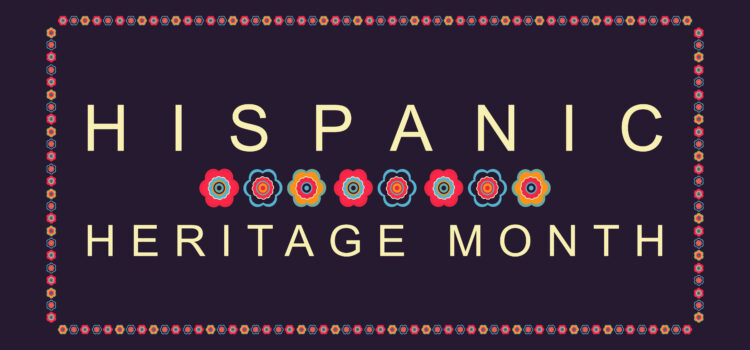
As Hispanic Heritage Month comes to a close, Kern Sol News reached out to the Kern County Educator for Ethnic Studies Coalition to learn more about their plans on highlighting the month in the curriculum.
“Curriculum that includes teaching Hispanic Heritage month matters because it empowers students to understand their identity within the safety of their classroom,” said Educator Chris Cruz-Boone. “Our aim is to include history, literature, art and music across the public education curriculum.”
Hispanic Heritage Month is a celebration, remembrance and acknowledgement of the impact and prosperities that Hispanic Americans have brought forth upon this country.
“This is a time of celebrating the histories, cultures and contributions of American citizens whose ancestors came from Spain, Mexico, the Caribbean and Central and South America” said Joaquien Cadenas, a member of the Kern County Educators for Ethnic Studies Coalition.
The month is known to be the anniversary of independence of five Latin American countries, including Costa Rica, El Salvador, Guatemala, Honduras, and Nicaragua, also Mexico, Chile, and Belize celebrate their independence days during this period, Cadenas said.
“When I hear Hispanic Heritage Month, I associate it with conquest, where all I have seen is modern day celebrations of postcolonialism, but not any contributions to the indigenous people,” said Rafael Ruiz, a member of the Kern County Educator for Ethnic Studies, Educator at Mira Monte High School. “The term Hispanic reminds me of mestizaje, Spanish it takes away the indigenous of the history. I wonder when the indigenous culture will be celebrated.”
This is something the group aims to change. The group hopes to raise awareness of the history behind the culture and to be more inclusive in the curriculum.
Cruz- Boone said, “ I was in college the first time I was assigned a book by a Chicana or Black woman scholar and this is something we aim to change.”
Because of her experiences, Cruz-Boone said she assigns readings by academic researchers of color to her students.
“It is important that students see peer-reviewed research being published by people that share their last name,” said Cruz-Boone. “My teaching example is not as colorful as a 6-pound spinning skirt but actively promoting anti-racist approaches to every classroom signifies that we are working towards a more just society.”